Toxic "forever chemicals" used in non-stick saucepans and food packaging have been found in otters across England and Wales, according to a study.
The substances, called PFASs, are also used in waterproof clothing, stain resistant products and fire retardants.
The chemicals are linked to pregnancy complications, liver disease, cancer and other illnesses.
Scientists say concentrations of these compounds in otters are a guide to levels of pollution in the environment.
The substances can leach out from products, getting into drains and sewage treatment works - from which they can then escape and contaminate the environment more widely.
PFAS substances are present in farmland sludge, which can wash from fields into rivers. Factories and landfill sites are another source for the chemicals.
Denmark recently banned their use in food packaging paper.
Used since the late 1940s, PFAS chemicals - which are divided into compounds called perfluoroalkyls and polyfluoroalkyls - help to make products water, grease and stain resistant.
They are known as "forever chemicals" because they don't break down easily in the environment. They contaminate fish, which can then be ingested by animals and humans. PFAS compounds can also get directly into drinking water.


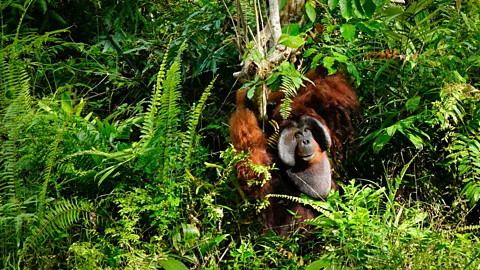

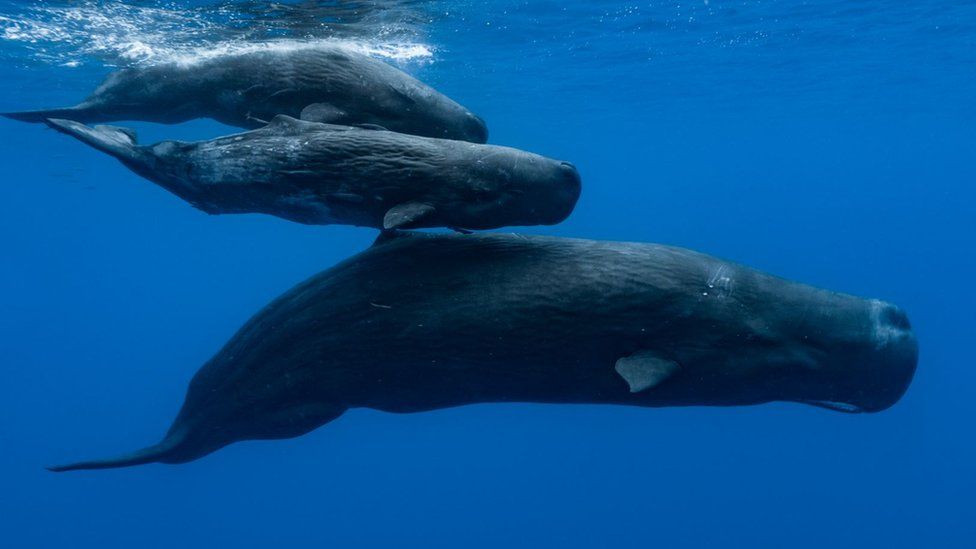
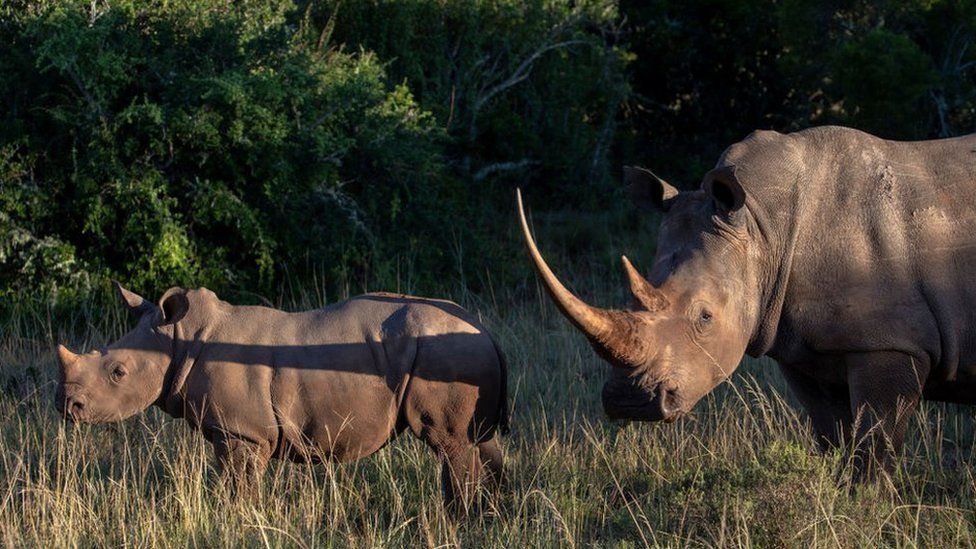

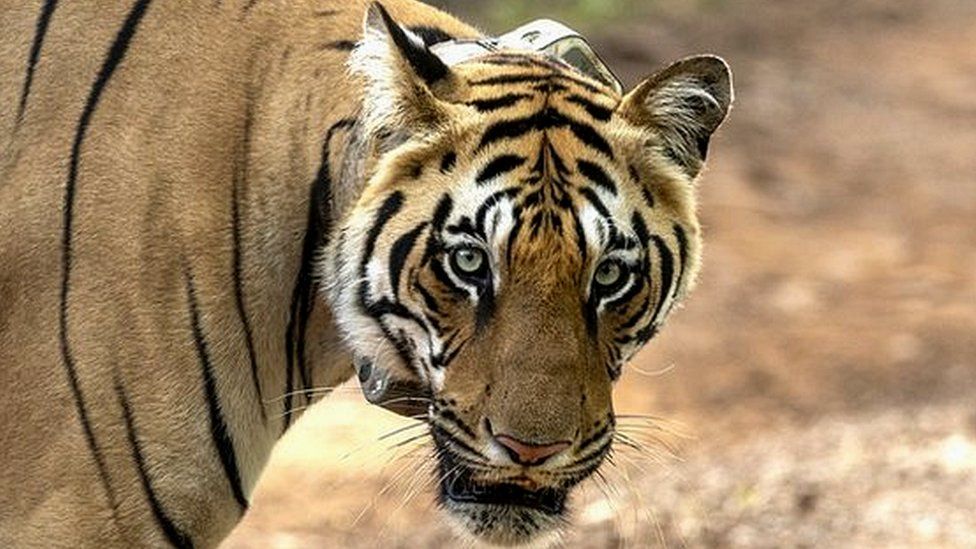

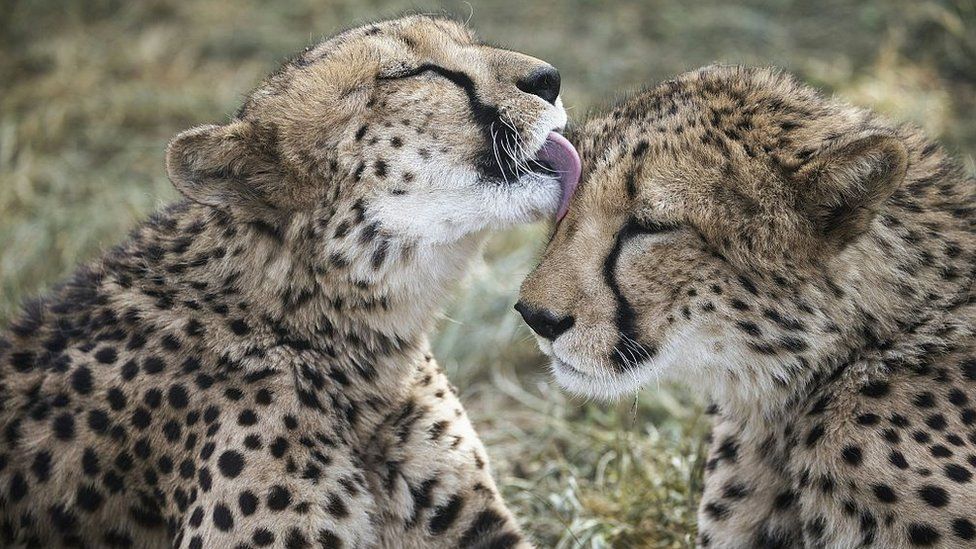

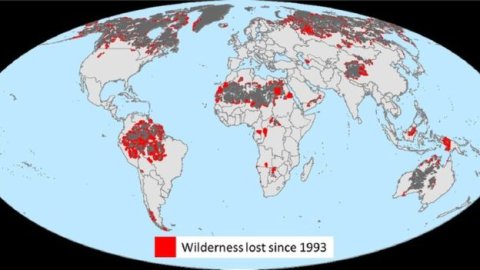




Recent comments